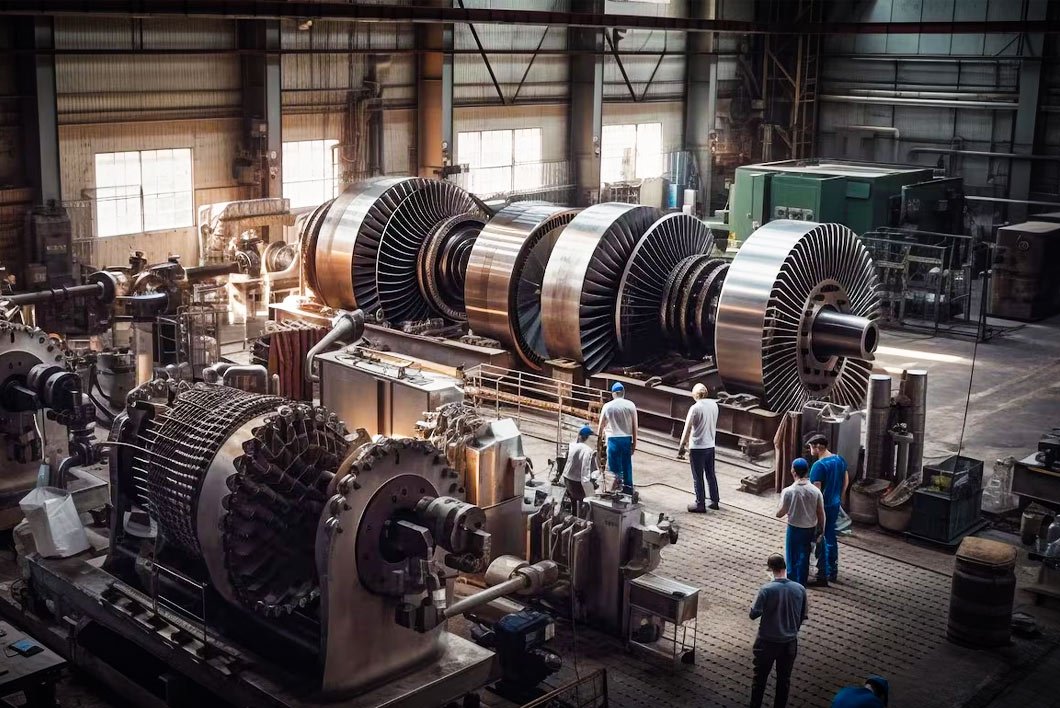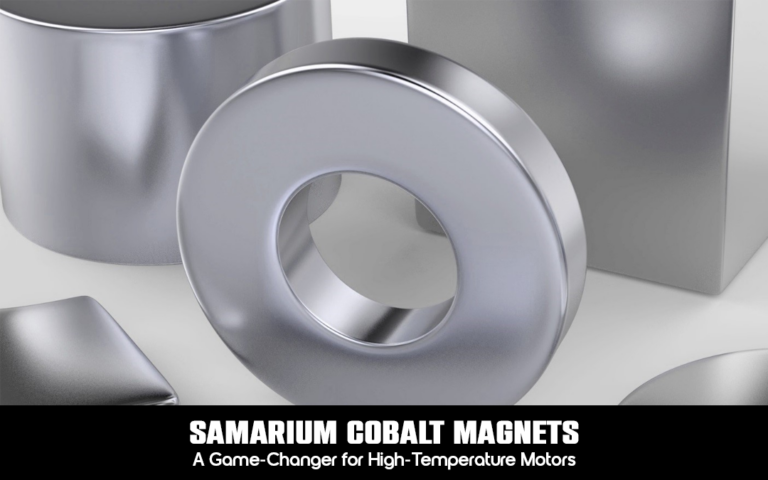In today’s world of advanced technology and complex engineered systems, manufacturing is becoming increasingly reliant on precision machined components and assemblies. While in the past, relatively crude cast or forged parts could meet the requirements of many products, modern manufacturing demands extremely high dimensional accuracy, tight tolerances, and superior surface finishes. This is where precision machined parts come into play. Let’s explore the crucial role these parts play across industries and why they are so vital to quality and performance.
What Are Precision Machined Parts?
Precision machined parts refers to components that are manufactured using precise material removal processes like CNC (computer numerical control) machining, turning, milling, grinding, and electrical discharge machining (EDM). These techniques allow metal and other workpieces to be shaped down to tolerances of thousandths or even millionths of an inch with smooth, uniform surface finishes.
The key advantage of precision machining over casting or forging is the extremely tight control over the final dimensions, geometry, and surface properties. Precision machining yields parts with consistent high accuracy that can be duplicated from one part to the next.
Why Precision Matters in Manufacturing
There are several critical reasons why parts with such high precision parts in modern manufacturing are indispensable in modern manufacturing across sectors:
- Demanding Operating Environments – In industries like aerospace, energy, transportation, and medical, components often operate under extreme conditions like high temperatures, pressures, speeds, and loads. Precision machining ensures parts meet exacting specifications to withstand these challenging environments reliably and safely. Even minor dimensional deviations could lead to failures.
- Complex Assemblies and Moving Parts – More and more products contain multiple assembled components, many with bearing surfaces, grooves, threads, or moving parts that all must fit together flawlessly. The higher the precision, the smoother the assembly, operation, and wear characteristics.
- Optimized Performance and Efficiency – When parts are precisely machined to spec, systems can operate at peak designed performance and efficiency. Tighter fits and alignments minimize losses, vibrations, friction, and other inefficiencies. Fuel economy, power output, noise, and many other critical parameters depend on component machining precision.
- Repeatability and Interchangeability – For efficient, cost-effective manufacturing, it’s essential for duplicate components to be precisely identical. Interchangeable parts simplify assembly, maintenance, and repairs. Precision machining delivers the repeatability to achieve uniform, high-quality production.
- Applications in Novel Technologies – As new fields like micro/nanodevices, biomedical implants, electronics packaging, and precision optics emerge, they require ever-increasing dimensional precision, surface quality, and fabrication complexity. Precision machining enables innovation in these cutting-edge areas.
Precision Machining Processes in Manufacturing
To achieve extreme dimensional and geometric control, precision machinists utilize specialized equipment and machining processes including:
- CNC Machining: CNC (Computer Numerical Control) mills, lathes, and other automated machine tools programmed to precisely remove material and generate complex geometries.
- Turning: This involves machining cylindrical workpieces, generating precise diameters, surface finishes, and features.
- Milling: Computer-programmed cutting operations that can create complex cavities, slots, pockets, and features in workpieces.
- Grinding: Processes using abrasive wheels to achieve precise dimensions, tight tolerances, and ultra-smooth finishes. Grinding is commonly used for precision optics, bearings, gauges, and other critical components.
- EDM/ECM: Electrical discharge (EDM) and electrochemical (ECM) machining use electrical pulses and chemical reactions to precisely shape difficult-to-machine materials without mechanical forces.
- Metrology and Quality Control: Ensuring precision also requires sophisticated metrology procedures with advanced inspection equipment like coordinate measuring machines (CMMs), surface profilometers, and other specialized instruments.
Many parts require combinations of these processes along with other machining steps like heat treating, coatings, deburring, and assembly. The goal is always the same – to create components with the highest possible precision, accuracy, and repeatability of form.
Industries Relying on Precision Machining
The benefits of precision machined parts make them invaluable across many industries:
- Aerospace and Defense – Tight tolerances are critical for aerospace propulsion systems, avionics, airframes, pumps, fasteners, and other aircraft components. Precision is also vital for missiles, munitions, and defense systems.
- Medical – From surgical tools to dental implants to replacement joints, the human body requires implants and instruments machined to exceptionally precise shapes, tolerances, and surface finishes.
- Automotive – Engines, transmissions, brakes, bearings, sensors, and many other automotive systems depend on interchangeable, high-precision machined parts.
- Optics – Precision optics like lenses, mirrors, prisms, and optical instruments require micro-precision to capture and manipulate light as designed.
- Electronics – Precision casings, housings, heat sinks, waveguides, and other electronics packaging are machined to tight tolerances for optimal performance and reliability.
There are indeed few industries today that do not require parts and components made to demanding precision specifications. As technology advances, these requirements will only intensify. This is why precision machining capabilities and skilled CNC machinists will remain indispensable to modern manufacturing for the foreseeable future..








